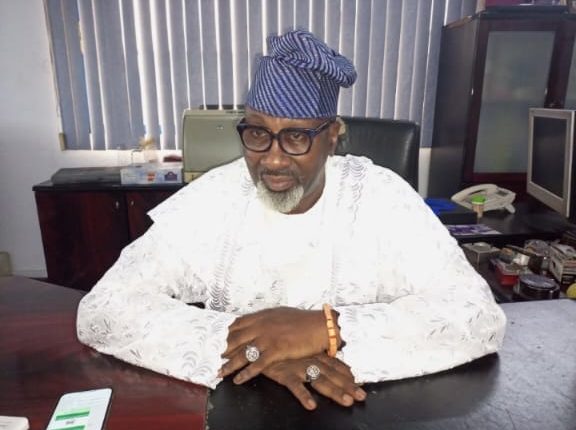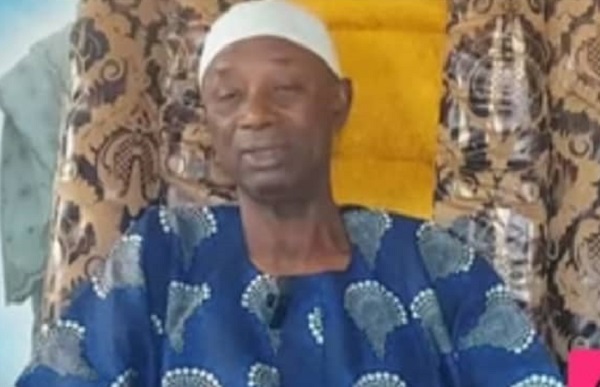In Nigeria patriotism have changed to pocketism – Abayomi Odunowo
Patriotism, the love and devotion for one’s country, is a value that is deeply ingrained in the fabric of every society. It is the foundation upon which nations are built, and it drives individuals to work for the betterment of their country. However, in Nigeria, this concept of patriotism seems to have taken a backseat to what can only be described as “pocketism.” The idea of pocketism is the mindset of prioritizing personal gain and self-interest over the well-being of the nation as a whole. It has permeated every level of society, from the highest echelons of political leadership to the ordinary citizen on the street.
The root cause of this shift from patriotism to pocketism can be traced back to the lack of trust in the leadership of the country. Across all sectors of Nigerian society, there is a pervasive feeling of disillusionment and distrust towards those in power. This lack of trust has created a breeding ground for self-serving individuals who are only interested in what they can gain for themselves.
At the heart of this issue lies the leadership of the country. Whether it is the head of a household, the head of a company, or the president of Nigeria, the problem of leadership remains the same. Leaders have failed to inspire confidence and trust in their followers, and instead, have fostered an environment of corruption and selfishness. The lack of visionary leadership has led to a breakdown in the social contract between the leaders and the people they are meant to serve.
One only needs to look at the state of education in Nigeria to understand the impact of this shifting mindset. In the past, the leadership of the old western region, led by Obafemi Awolowo, implemented policies that made education free and compulsory for all children. This proactive approach to education transformed individuals who would not have had the opportunity into highly educated professionals. However, today, the education system is riddled with corruption and bribery, with even children asking for money for election posters. This illustrates how deeply pocketism has penetrated every aspect of society.
The concept of pocketism is best exemplified during elections. Instead of voting based on the merits of a candidate’s policies and capabilities, voters are more concerned with what they can gain personally. Candidates are expected to pay voters upfront before they can even consider casting their votes. This blatant display of self-interest over the well-being of the nation is a damning indictment of the state of patriotism in Nigeria.
Former deputy labour leader, Hon Adelaja, aptly coined the term “pocketism” to describe this phenomenon. It signifies the prevailing attitude of “what’s in it for me” that has become pervasive in Nigerian society. This mindset has seeped into every aspect of decision-making, from policy formation to execution. It has created a culture of self-serving individuals who are only interested in personal gain, rather than the collective progress of the nation.
To address this issue, leaders at every level of society must come together to rebuild trust and confidence in the follower-ship. This will require a concerted effort to root out corruption and instill a sense of duty and responsibility towards the nation. It will also necessitate a shift in mindset, from pocketism to a renewed sense of patriotism and devotion to the well-being of Nigeria as a whole.
In conclusion, the shift from patriotism to pocketism in Nigeria is a troubling trend that has serious implications for the future of the nation. It is a manifestation of the breakdown in trust between leaders and the people, and it has led to a culture of self-interest and personal gain. To reverse this trend, leaders must work towards rebuilding trust and fostering a renewed sense of duty towards the nation. Only then can Nigeria move towards a future where patriotism, rather than pocketism, is the guiding force for progress and development.
Otunba Abdulfalil Abayomi Odunowo
National Chairman AATSG
24th January, 2024.



